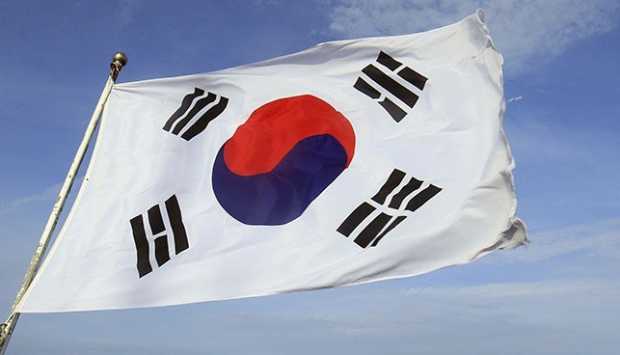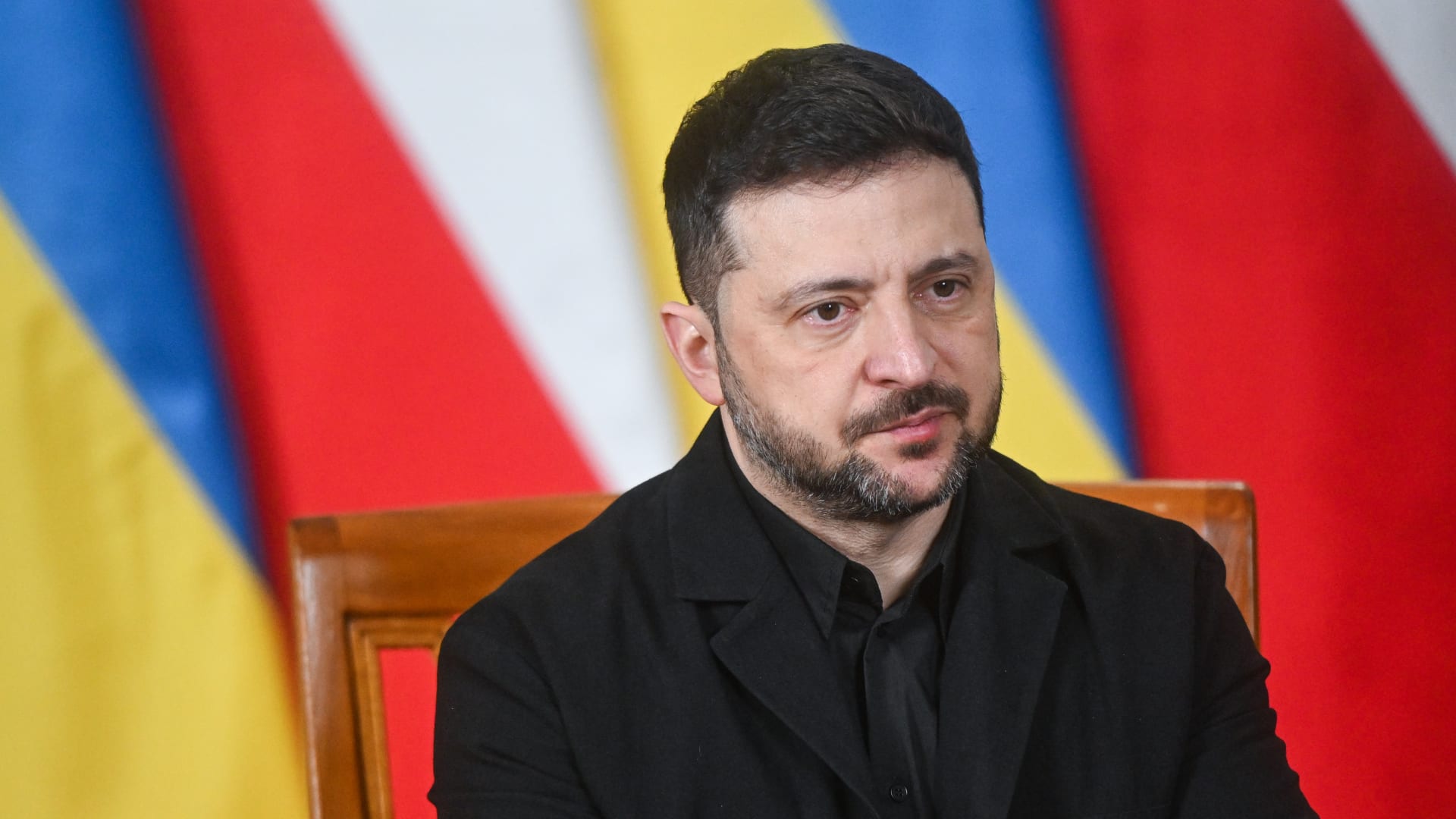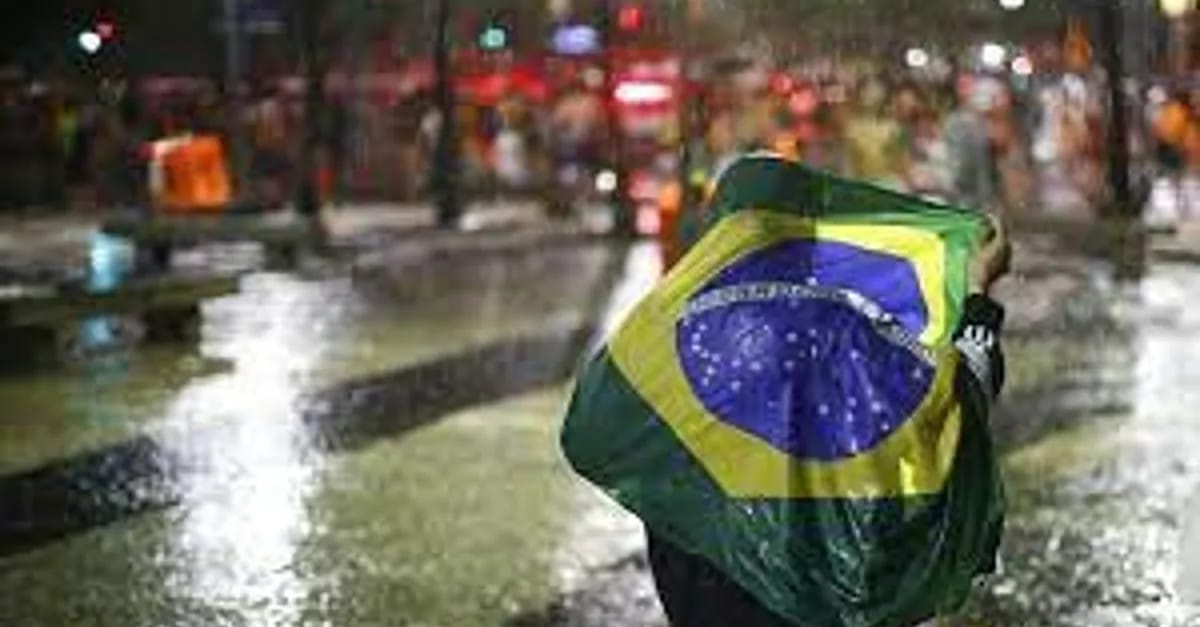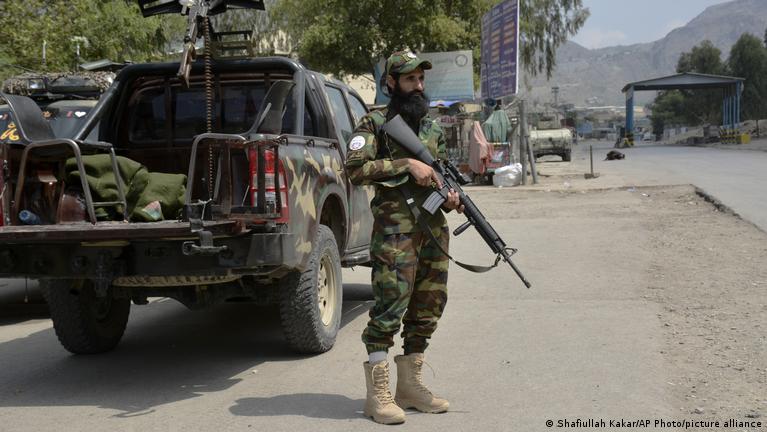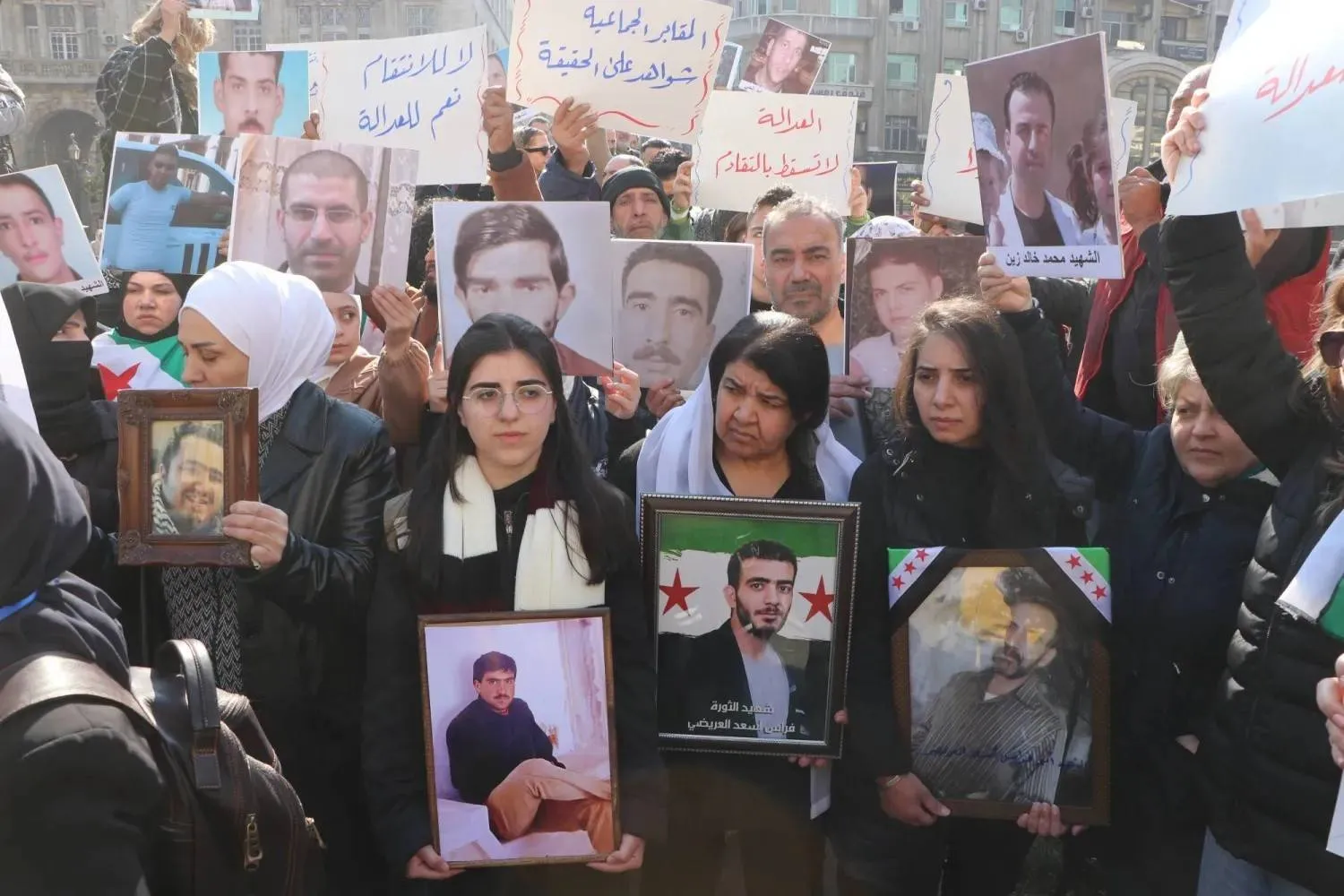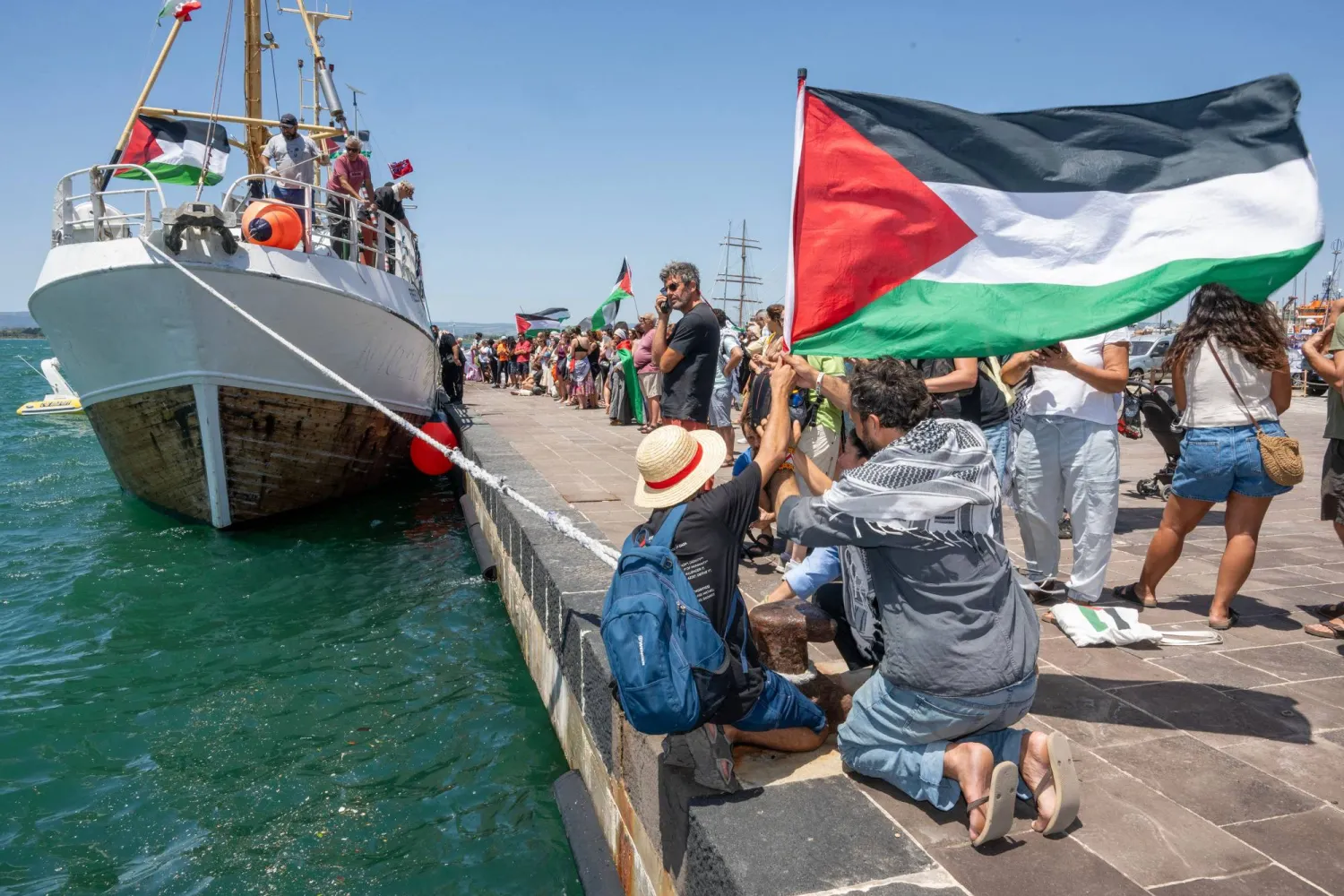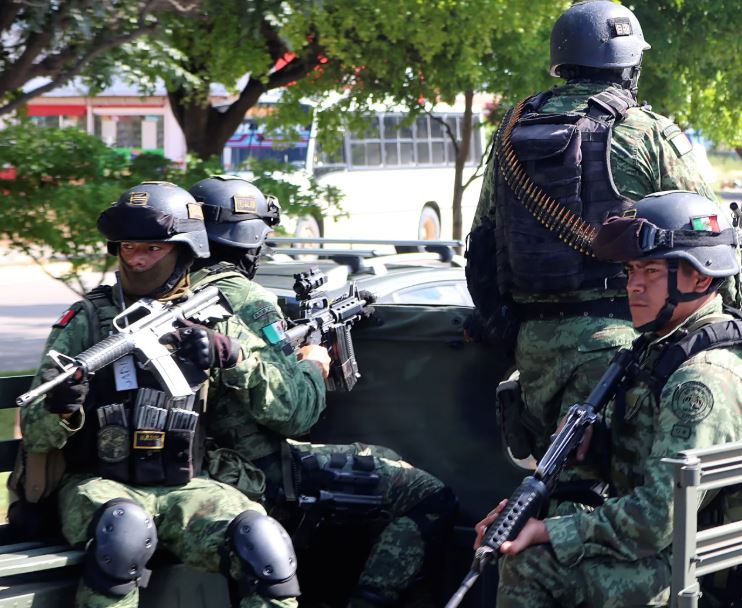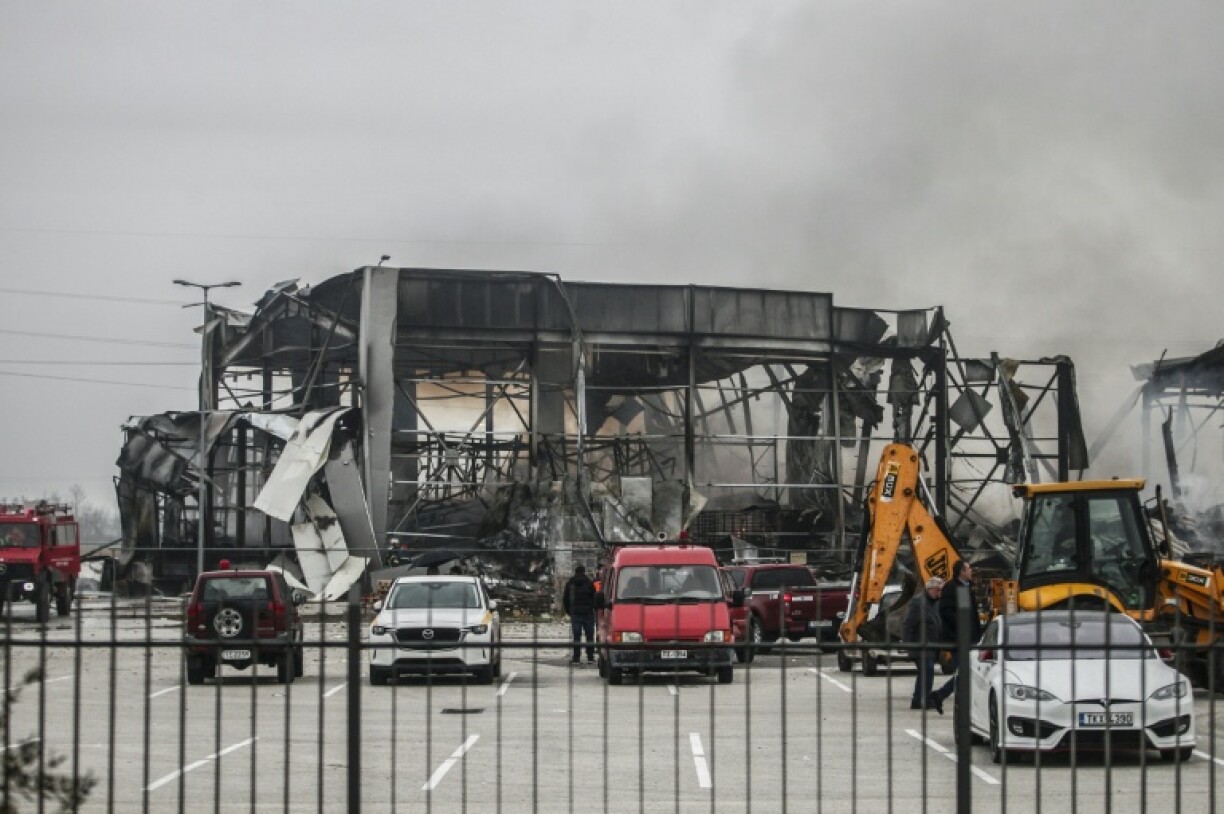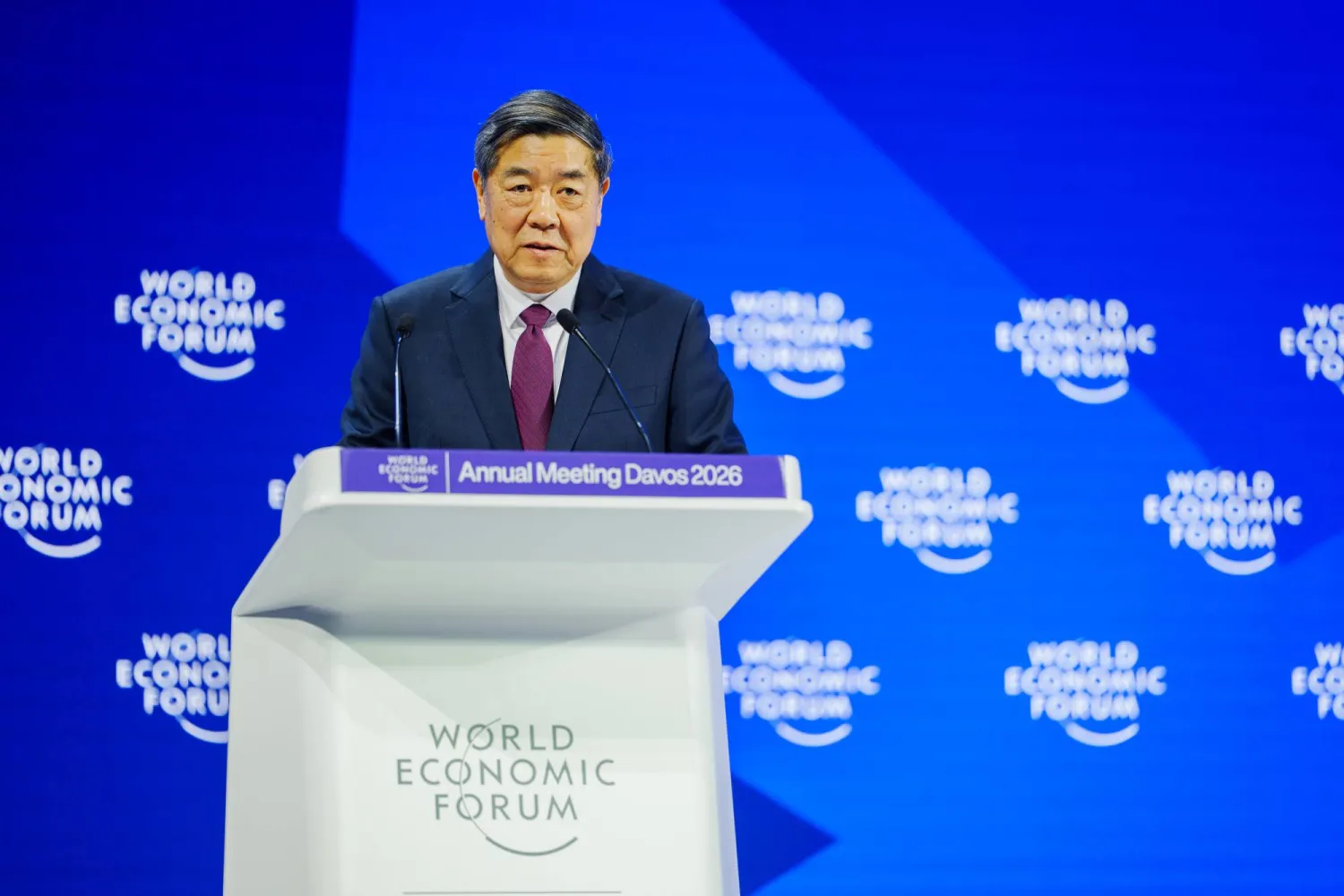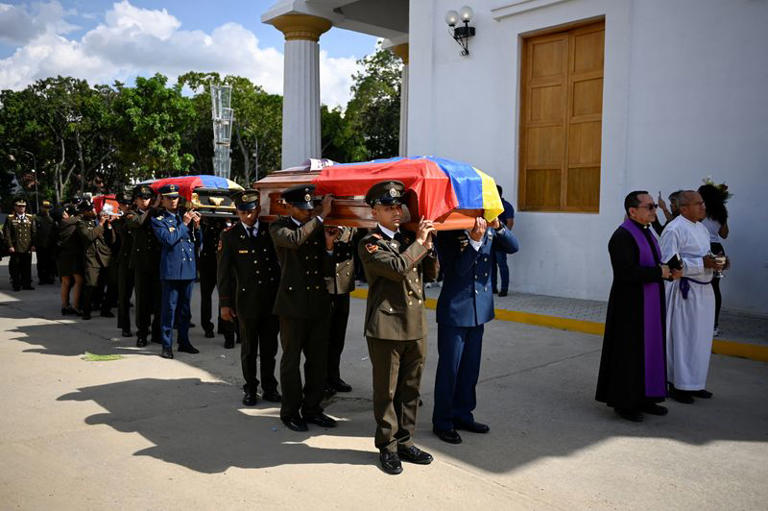Alsharq Tribune- Al Otaify
Nine months after the collapse of Bashar al-Assad’s regime, the fate of tens of thousands of missing Syrians remains unresolved, leaving families trapped between grief and uncertainty.
On Thursday, President Ahmed al-Sharaa issued a decree establishing a National Commission for Transitional Justice, a move hailed by rights advocates as a key step toward addressing years of abuses.
The announcement coincided with the International Day of the Disappeared, when the International Committee of the Red Cross (ICRC) renewed its call on all parties to intensify efforts to clarify the fate of the missing.
The ICRC said it had documented more than 37,000 cases of missing persons in Syria over the past 14 years, stressing the figure “represents only a fraction of the real number.” “The disappearance of a loved one is not only a personal tragedy,” the committee said in a statement.“
It is one of the deepest and most enduring wounds of the Syrian conflict.” Since Assad’s overthrow late last year and the release of detainees from prisons run by his security apparatus, families have continued to search desperately for answers.
Mass graves have been uncovered, alongside chilling testimonies of torture inside Assad-era detention centers. “We urged authorities to secure grave sites and prevent tampering so that people would not try to exhume bodies themselves,” said Stephan Sakalian, head of the ICRC delegation in Syria, speaking from Damascus.
He warned that many families may never learn what happened to their relatives, or where they were buried, with identification efforts likely to take years.
The fall of Assad’s security state, which ruled Syria for five decades, triggered a flood of calls and complaints to the ICRC about missing persons, many of which had never been reported before for fear of arrest.
“This suggests the real number of missing is likely much higher,” Sakalian said. Estimates by the United Nations and rights groups put the number of missing between 130,000 and 200,000, including thousands who died under torture in detention after protests erupted in 2011.
The new National Commission for Transitional Justice, chaired by jurist Abdul Basit Abdul Latif, will work on legal and procedural measures to address war crimes and unresolved files, particularly the missing.
Lawyers described the decree as a building block for reconciliation after years of war. The ICRC said it has been gathering information from families and civil society groups to map and manage known burial sites, offering the best chance to identify remains.
“Behind every disappearance is a family living with pain that only deepens with time,” Sakalian said. “Families of the missing deserve lasting support and compassion.
Their right to know is a fundamental humanitarian principle.” The United Nations also established the Independent Institution on Missing Persons in Syria in June 2023 to help determine the fate and whereabouts of the missing.
Its head, Karla Quintana, said then that “everyone in Syria knows someone who is missing,” underlining the scale of a tragedy that has haunted Syrian society for more than a decade.

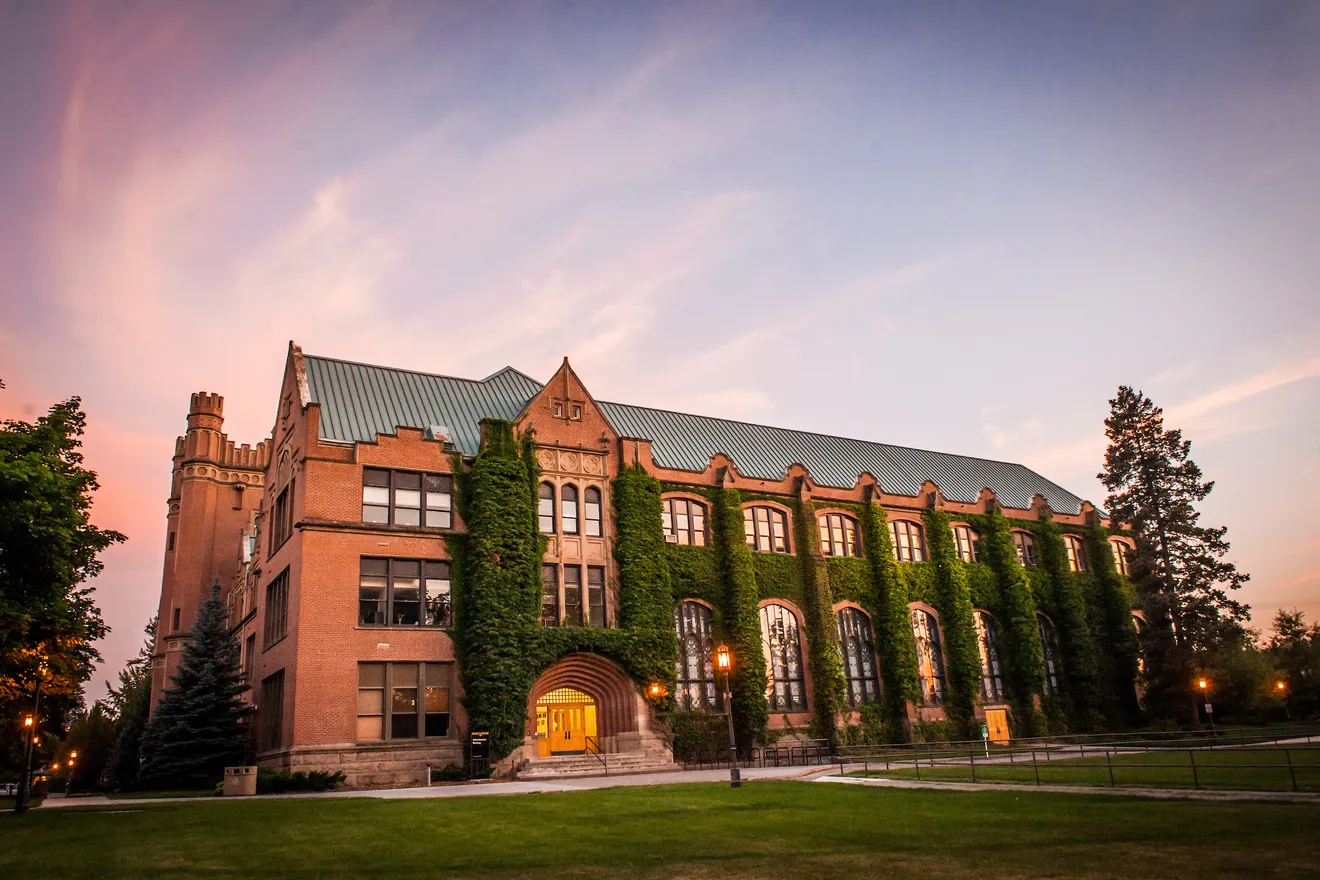


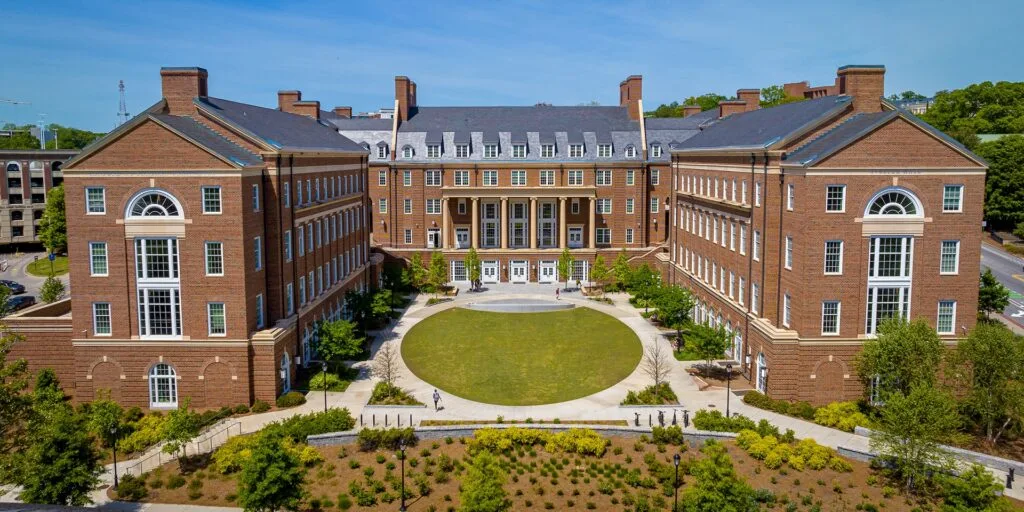



.png?locale=en)
